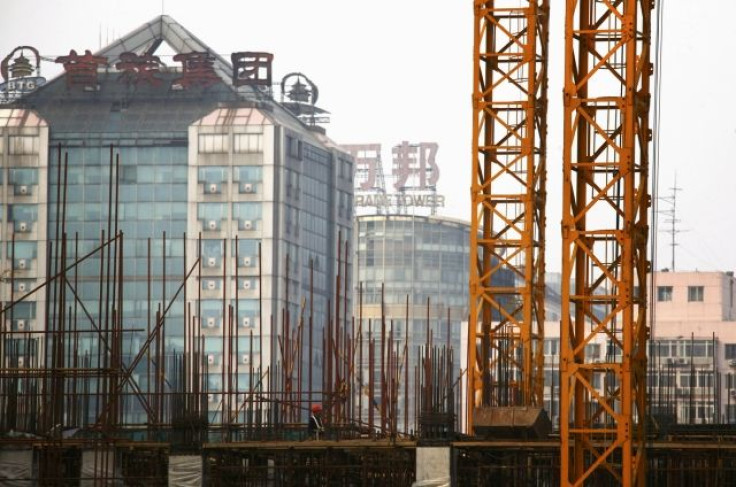China Resorting To Violent Evictions To Pay Off Government Debt: Amnesty

Forced evictions, often involving violence and harassment, are on the rise in China as local authorities seek to offset the huge debts by seizing and then selling off land to real estate developers, Amnesty International said Thursday.
Local governments had borrowed huge sums from state banks to finance the stimulus projects and now rely on land sales to cover the payments, Amnesty said in an 85-page report compiled between February 2010 and January 2012. The forced evictions had resulted in deaths, beatings, harassment and imprisonment of residents, the report said.
Amnesty accused China’s ruling Communist Party of promoting evictions that violate human rights by encouraging local officials who deliver economic growth, regardless as to how it is achieved.
“The Chinese authorities must immediately halt all forced evictions. There needs to be an end to the political incentives, tax gains and career advancements that encourage local officials to continue with such illegal practices,” Nicola Duckworth, senior director of research at Amnesty International, was quoted as saying in a statement published on Amnesty’s website.
Of 40 forced evictions that the human rights group examined in detail as part of the research, nine culminated in the deaths of people protesting or resisting eviction.
In one case, a 70-year-old woman, Wang Cuiyan, was buried alive by an excavator March 3 2010 when a crew of about 30 to 40 workers came to demolish her house in Wuhan city, Hubei Province, the watchdog said.
People who lost their homes or land often found themselves living in poorly constructed dwellings far away from jobs, schools and public transport. Because there was not yet a comprehensive social welfare safety net in the countryside, the rural residents are particularly vulnerable to severe economic hardship after the evictions, Amnesty said in the report.
During a visit to southern Guangdong province in February, Chinese Premier Wen Jiabao acknowledged the gravity of the situation and called for a better protection of the land rights of the farmers.
“What is the widespread problem right now? It’s the arbitrary seizure of peasants’ land, and the peasants have complaints, so much so that it’s triggering mass incidents (protests),” he said.
In January last year, the Chinese government issued regulations outlawing the use of violence in urban evictions and granting urban owners facing eviction new protections, including the right to air concerns in public hearings, file legal appeals and receive adequate compensation based on market value, the Amnesty report said.
However, rights activists and lawyers say the new urban regulations are insufficient especially because they only apply to home owners and not renters, and that the government has not extended similar protections to people living in rural areas.
In a story published in August, Radio Free Asia reported Chinese petitioners as saying that they were repeatedly stonewalled, detained in "black jails," and harassed by authorities if they tried to take complaints against the local government actions to higher levels of government.
© Copyright IBTimes 2024. All rights reserved.












